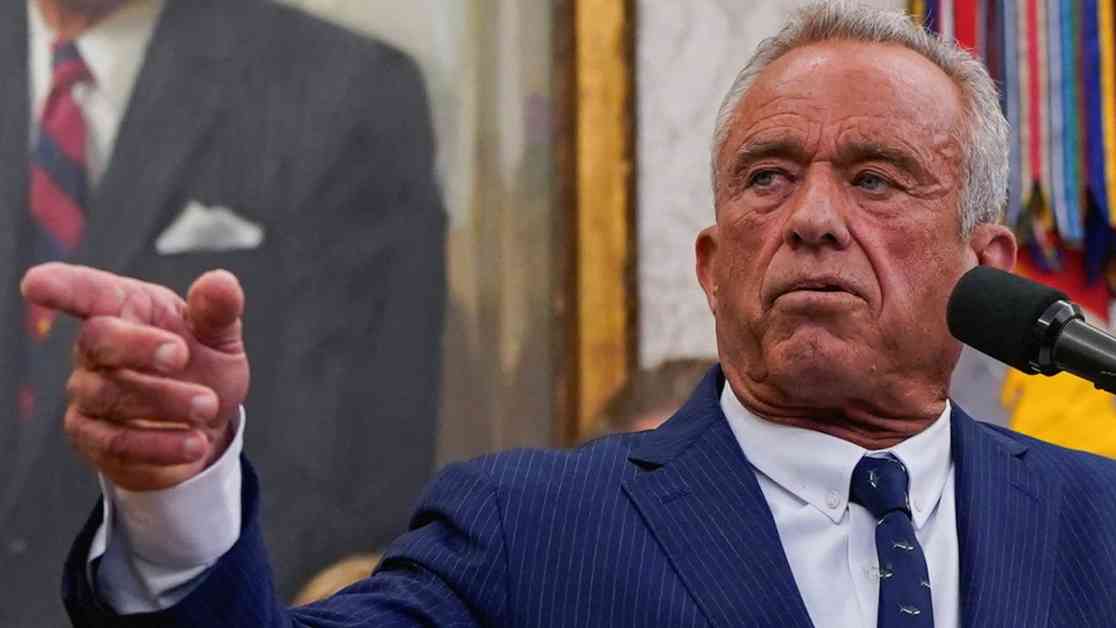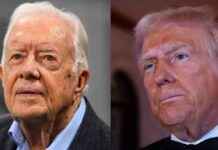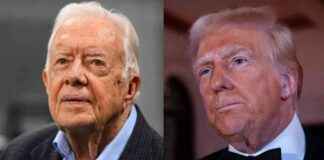Robert F. Kennedy Jr. has stirred controversy as the newly appointed secretary of Health and Human Services, raising concerns about the future of childhood vaccination rates in the U.S. As a prominent voice in the anti-vaccine movement, Kennedy’s influence over federal vaccine regulations has sparked worry among public health experts and officials.
Kennedy’s past skepticism toward vaccines, particularly his unsubstantiated claims linking them to autism, has raised red flags about his stance on immunizations. Despite attempts to distance himself from these views during his confirmation hearings, experts remain wary of his potential impact on vaccine policy and public health.
Challenges to Childhood Vaccination Rates
Kennedy’s appointment has cast a shadow over the nation’s vaccination efforts, with fears of declining immunization rates in the face of preventable diseases. His alleged plans to review the childhood vaccination schedule and replace members of key advisory committees have raised alarms among health policy experts.
The potential consequences of dwindling vaccination rates are dire, as they could lead to widespread outbreaks of vaccine-preventable illnesses, with particular risks for certain communities. The impact of Kennedy’s actions could exacerbate existing public distrust in vaccines and undermine the progress made in safeguarding public health.
The Impact of Vaccine Hesitancy
The decline in childhood vaccination rates is not a new phenomenon but has been exacerbated by the surge in vaccine skepticism, fueled by misinformation and political ideologies. The politicization of vaccines, especially during the Covid-19 pandemic, has deepened the divide in public perception of immunizations, with partisan beliefs influencing vaccination decisions.
The rise in exemptions from school vaccination requirements, particularly non-medical exemptions, reflects a growing trend of skepticism toward immunizations. This shift in public attitudes toward vaccines poses a significant challenge to maintaining herd immunity and protecting vulnerable populations from vaccine-preventable diseases.
Kennedy’s potential influence over vaccine advisory panels and government health agencies could further erode public confidence in vaccines, leading to widespread repercussions for public health and healthcare policy. As experts and officials grapple with the implications of Kennedy’s leadership, the future of childhood vaccination rates remains uncertain.
As the debate over vaccines continues to unfold, the need for informed decision-making and evidence-based policy remains paramount in safeguarding public health and ensuring the well-being of future generations. The stakes are high, and the consequences of wavering on vaccination efforts could have lasting effects on the health and safety of communities across the country.



















